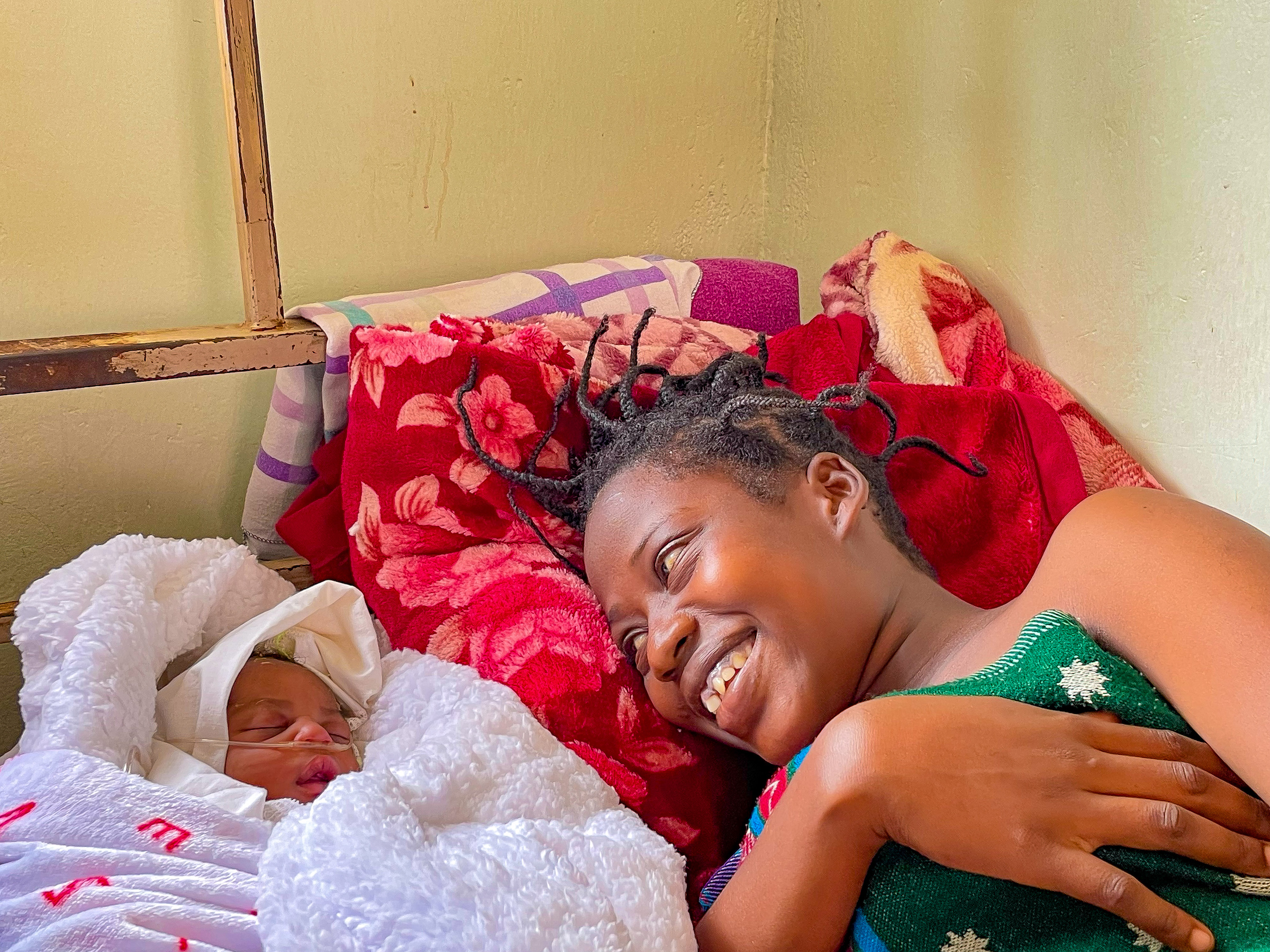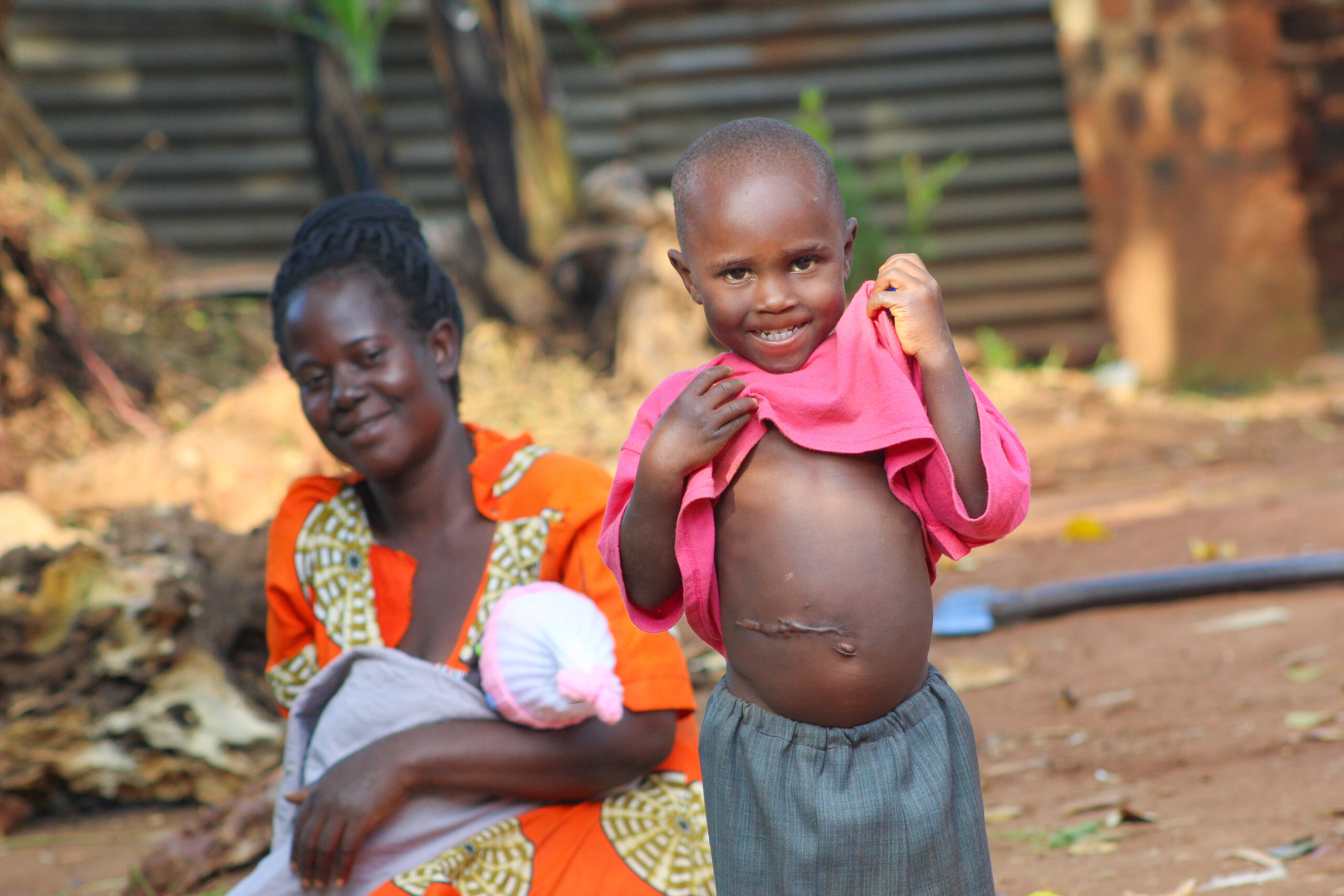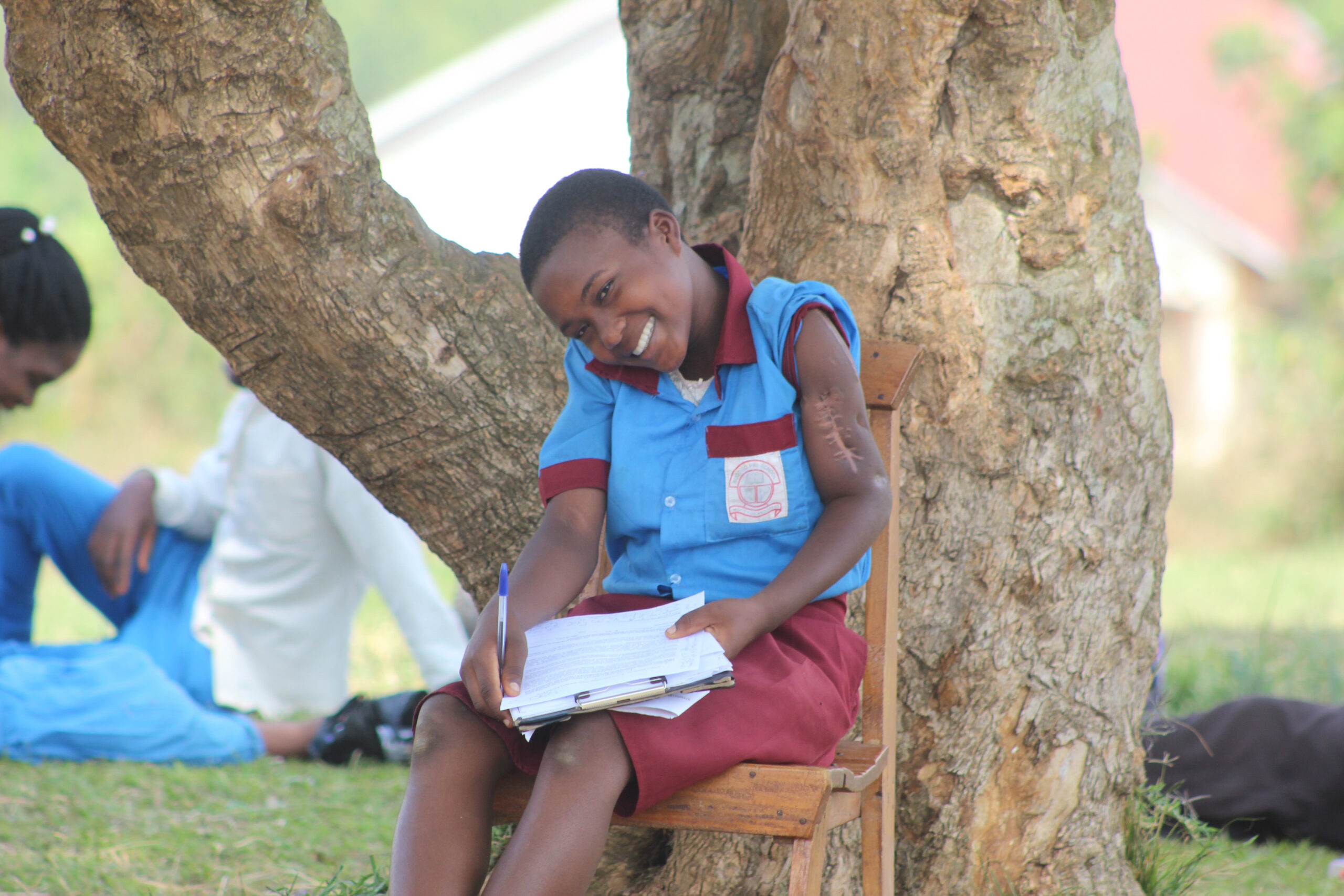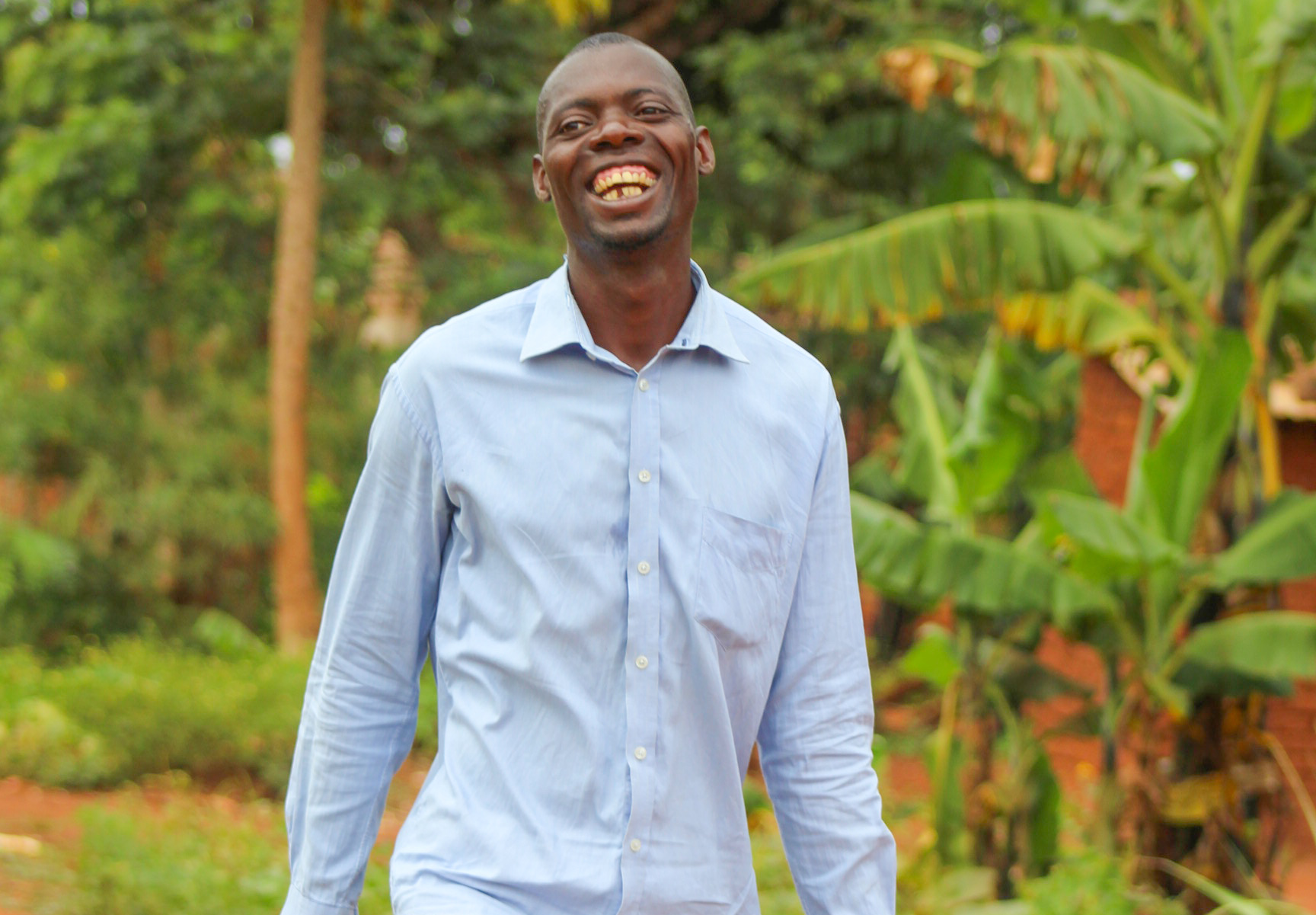A Lifeline for People in Need
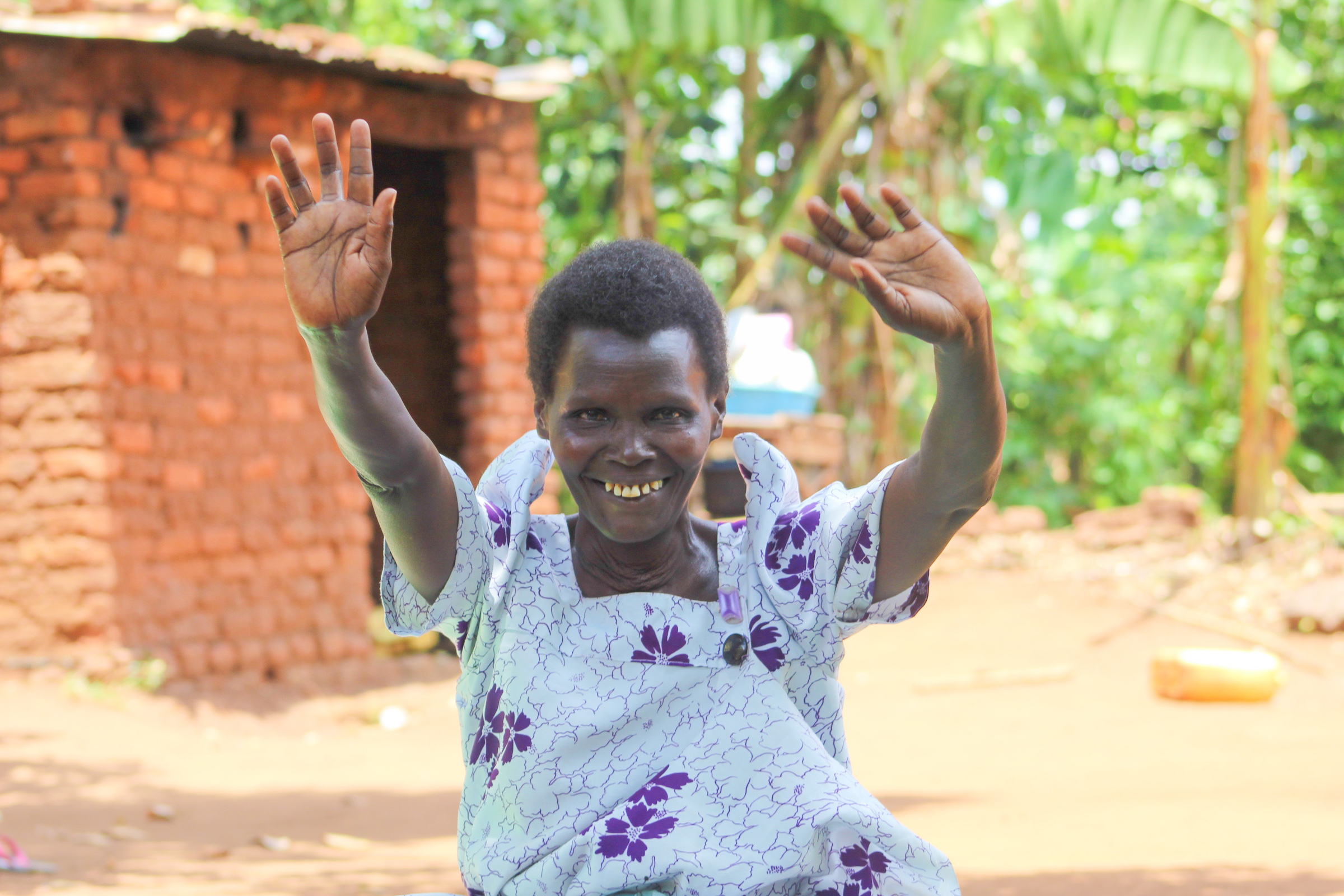
Surgery Programs Restore Hope to Long-Suffering Patients
In East Africa, many patients who need surgery wait years for care – even decades. But it does not have to be this way. Since 2016, Bulamu has organized surgery programs that have directly treated more than 11,000 patients throughout rural Uganda. In 2021, we began a partnership with the Association of Surgeons of Uganda (ASOU). Working jointly with ASOU ever since, Bulamu has treated about 2,500 surgery patients per year. ASOU and Bulamu’s partnership is the most extensive between a non-profit organization and a national association of surgeons in East Africa, perhaps beyond.
After registering patients through their local public health facilities, Bulamu and ASOU’s 50-person surgical team arrives with surgeons, operating teams, equipment, medicines, and supplies, and treats more than 250 surgery patients free of charge over 1 week. Most of the patients treated have waited multiple years for the care we provide because they could not afford the fees charged by hospitals, which usually ranged between 100 and 1000 USD according to a survey of past patients.
Patients who cannot be treated at the local community hospital level are referred to specialty hospitals and supported by Bulamu’s Angel Program.
| Selected Surgery Patient Procedures (2020-2022) | |
|---|---|
| Hernia Repairs | 2,301 Patients Treated |
| Excisions | 1,455 Patients Treated |
| C-sections | 1,003 Patients Treated |
| Thyroidectomies | 283 Patients Treated |
| Cataract Removal | 166 patients |
Bulamu provides our surgery program care in partnership with the Association of Surgeons of Uganda.
11,000
Surgery Patients Treated
$225
Average Cost per Surgery Patient Treated
+50%
Surgery Patients Bulamu Treated Waited 4+ Years for Treatment
Patient Stories
Through our donors’ help, Bulamu has changed the lives of so many. Hear their stories today.

